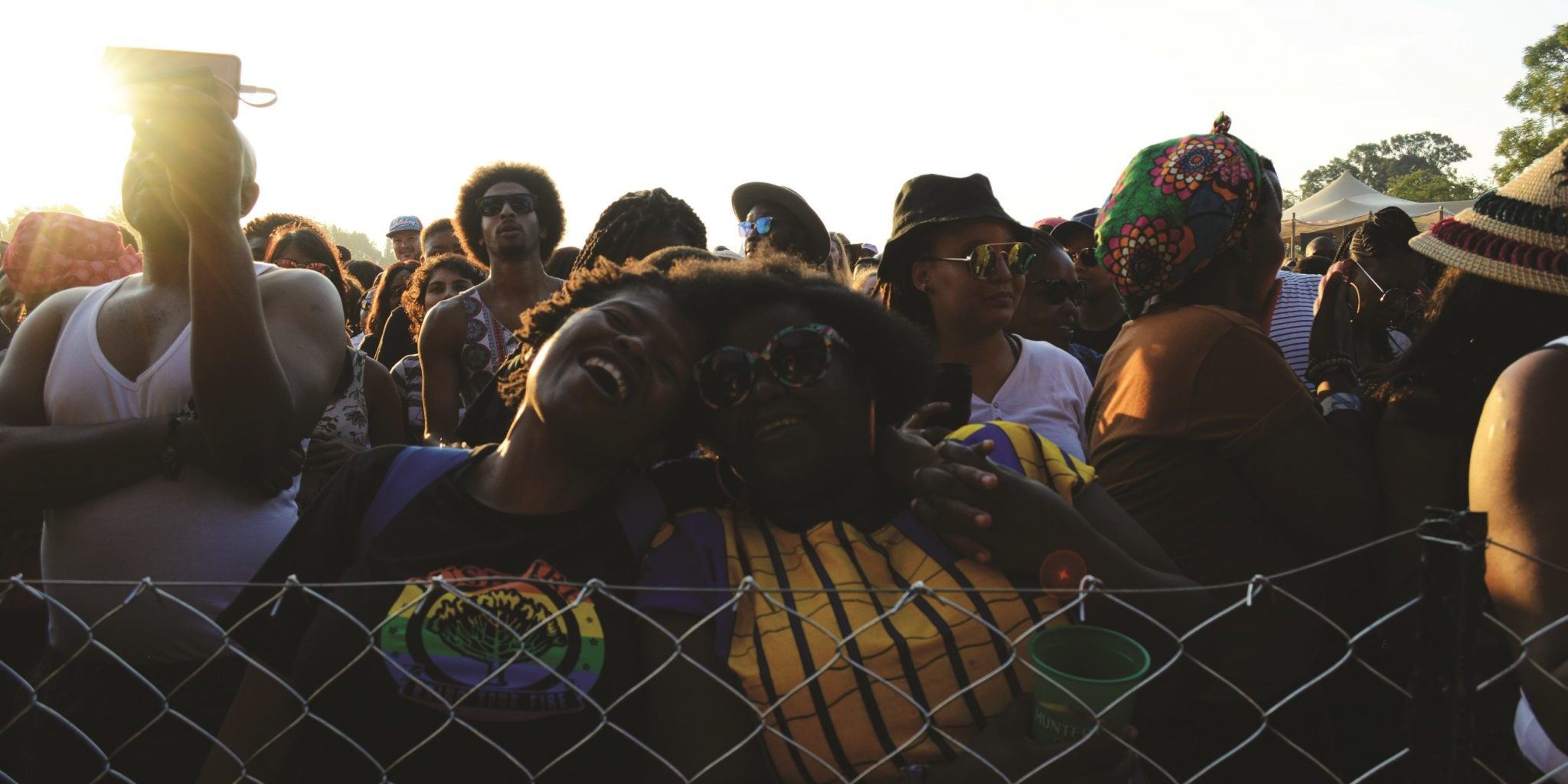It’s an early morning in May and as the sun rises, red, orange and yellow hues bathe the swaying sugarcane fields of Malkerns, a small town in the landlocked southern African country of Swaziland.
Swaziland, renamed ‘the kingdom of eSwatini’ in April this year on its 50th birthday, awakens to the sounds of the rustling wind and chirping birds. Very soon, these natural notes will be replaced by the cacophony and camaraderie of thousands of guests jetting into the country for the annual Bushfire Festival, a three-day fiesta of art, culture, music and food in the last week of May.
It’s a busy time of the year for a kingdom that is one of the world’s last remaining monarchies.
Within the Bushfire Festival arena, djembe drums beat to the rhythm of the heartbeat of Africa. Revelers indulge in traditional feasts at the food markets as the musicians take center-stage.
The likes of South Africa’s Samthing Soweto, Brazil’s Flavia Coelho, Nigeria’s Yemi Alade and Mali’s Salif Keita are present, offering a profusion of sounds and melodies.
Loading...
In the camping arena is a confluence of cultures, as over 29,000 guests who have traveled here to attend the festival make new friends and form unlikely collaborations.
Many stop to admire a hand-crafted grass hat worn by a young woman who has traveled from Lesotho. Anna Thai is originally from Memphis, Tennessee, in the United States.
“The people here are very relaxed and accepting of each other. There are so many from different countries, so many languages and so many different faces and I really enjoy the diversity of it,” she tells FORBES AFRICA.
What started as a cultural meet around a small amphitheater, where artistes performed in front of a crowd of no more than a hundred, is today one of Africa’s most talked-about festivals.

Swazi-born Jiggs Thorne. Photo by Karen Mwendera.
“We started off as kind of a charity running a business and very quickly learned that it needed to be a business running a charity.” – Jiggs Thorne
Swaziland-born Jiggs Thorne, the founder and director of the festival, always had a passion for the arts, but admits he had to learn the business aspect of the festival the hard way.
“The important thing is I never studied to become a festival director and that’s the thing with entrepreneurs, you are driven by passion; the kind of passion that gets you up and creates that drive you need to make something work. And you have to be incessant,” Thorne tells us.
Born in Manzini, he was inspired by his parents who owned a restaurant. He went on to pursue a degree in drama and politics at the University of Natal in South Africa.
In 1994, when he finished his degree, he decided to return to his home country and apply his passion for the arts. Thorne wanted to develop the local arts scene.
In 2000, he set up House On Fire, the eclectic venue where the festival is now held.
However, its business model wasn’t sustainable, and Thorne realized that if he didn’t act quickly, his dream would slowly fade away.
“Well, I was very much an artiste and I think I’ve become entrepreneurial along the way and we started off as kind of a charity running a business and very quickly learned that it needed to be a business running a charity,” he says.
The Bushfire Festival came into being.
“It was always about a positive light, warmth, about celebrating diversity,” he says.
A majority of the funding came from sponsorships, and partnerships – the festival is called MTN Bushfire.
With his brother Shelton, Thorne fine-tuned the business model to keep its mandate as a creative arts platform and business at the same time. As Thorne came from an arts background, he had to depend on others to make his dream work.
Read More: Setting Fire To Swaziland
“There needs to be integrity in the way in which you deal with people so I think that’s kind of paramount in this equation where you are dependent on others to make it happen,” says the 48-year-old father of two.
The festival grew beyond what Thorne had imagined, he says, contributing over E50 million ($3.7 million) to Swaziland’s economy.
“When the king travels overseas, people ask him about Bushfire, you know. So it’s quite a surreal thing that the concept that came up all those years ago in a sense has become owned by others,” laughs Thorne.
This year, the local newspapers, radio stations and social media were abuzz with news on the festival.
Thorne owes its success to his team and his parents who left the legacy for him and the family to build on.
“It was kind of the fire they started and it’s a light that we’ve been able to follow. They are the legacy, says Thorne, who runs the festival with his siblings and extended family.
“Entrepreneurship is something that you don’t really study, you learn, and it’s something that takes over, and it’s kind of all-encompassing,” he signs off.
After the curtains come down on the festival, it’s back to the idyllic sights and sounds of Swaziland, until next year, when the little town of Malkerns will fire up again.
Loading...




